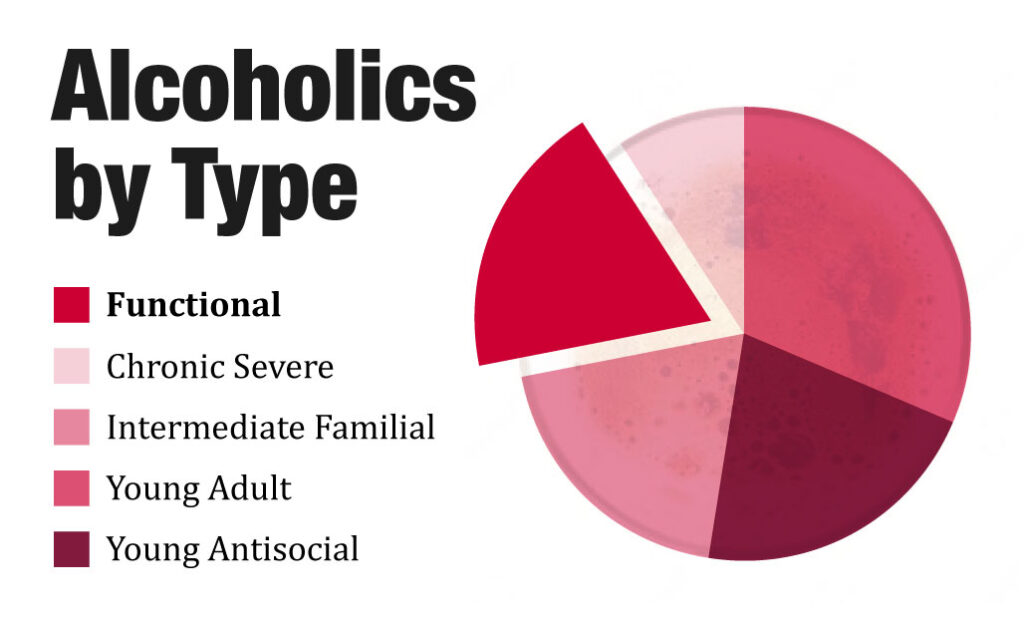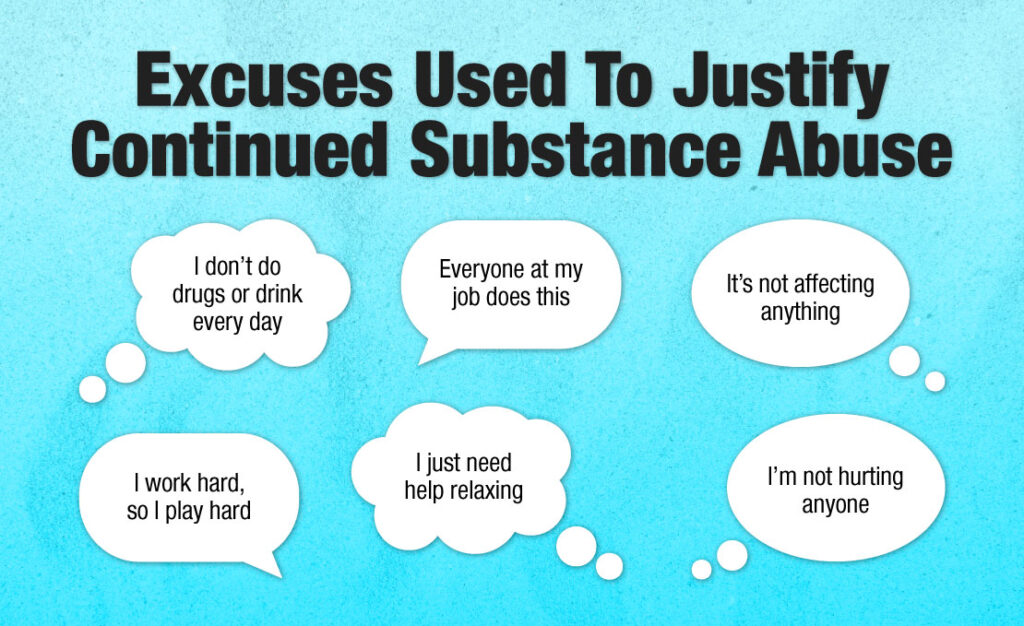Don’t be fooled…
There are over 20 million Americans struggling with substance use disorders and they can be found all around us. While the stereotypes of drug and alcohol abuse have painted pictures of lowly people without jobs or families, who are unable to function in daily life, the reality is quite the opposite, there are high functioning drug addicts everywhere.
The demographics of addiction include teachers, doctors, lawyers, politicians, housewives and many other high functioning individuals who on the outside seem to be handling all of their professional and personal responsibilities, but on the inside are hiding a substance abuse habit.
Do you think a loved one is fooling you with their substance abuse addiction — Contact us right away at 772-774-3872.

Breaking Past Addiction Myths
Hollywood depictions of alcoholics and people with drug addictions have considerably distorted the perception of who is vulnerable to addiction. These misconceptions have not only made it so many people who have a substance use disorder can go undetected, but they also serve as justifications for these individuals.
A person who drinks a lot and does more drugs than she should but manages to maintain a job, take care of personal responsibilities and avoid legal trouble may be able to rationalize her lifestyle. Likewise, family members and the people around her may also feel as though her substance abuse is not a problem because it isn’t negatively impacting her personal or professional life. This is how high functioning addicts are allowed to continue abusing drugs until they become low-functioning or non functioning, especially with alcohol, due to its legality and social acceptance.
Researchers from the National Institute on Alcohol Abuse and Alcoholism (NIAAA) studied data from 1,484 U.S. adults who participated in a survey between 2001-2002. The study focused on alcohol dependence and questions about mental health, family history, employment and several other personal questions. The results led to the creation of five different types of alcoholics, one of which included “functional” or high functioning alcoholics.

Characteristics of High Functioning Drug Addicts
The report found that people in the functional subtype were typically middle-aged, well-educated and had stable jobs and supportive families. These characteristics are among the primary differences between high functioning drug addicts and non functioning drug addicts (chronic severe subtype).[1] It’s also these differences that may allow high functioning addicts to continue on their destructive path.
Steady employment provides financial stability to support continued substance abuse, and a supportive family may explain or defend any related behavior. Because of a lack of income, a non functioning substance abuser may have to resort to crime to fund his or her habit, which will potentially lead to legal problems; this is also something that financial stability allows high functioning addicts to avoid in some cases. Due to the need for money to support an addiction, a job is often the last thing to go for a high-functioning person with a substance use disorder.[2]
From High-Functioning to Nonfunctioning
In most cases, problematic substance abuse only worsens until it has become a debilitating addiction. Early intervention is a necessity in these situations to prevent alcoholism or drug addiction from becoming too severe. Just because a person hasn’t been diagnosed as being an alcoholic doesn’t mean she doesn’t have a problem or won’t soon have one. Researchers from the NIAAA estimate that 14 percent of American adults are current or recent problem drinkers and nearly 69 million had been problem drinkers at some point in their lives.[3]
The same principles can be applied to illicit drug abuse or prescription drug misuse. Casual use today often turns into habitual use down the road. A person who is functioning at a high level while maintaining a heroin habit today is likely to find herself functioning at progressively lower levels as time passes and will gradually develop dysfunctional emotional responses.
With both alcoholism and drug addiction, abusers make excuses to justify continued use:

How to Detect Addiction in High Functioning Drug Addicts
When someone’s life is falling apart as a result of substance abuse, it’s easy to tell that something is wrong. Legal problems, marital difficulties and financial issues are clear indicators of a substance abuse problem. The signs may not be as clear in a person who seemingly has everything together. Here’s what to look for:
- Illicit Drug Use: All illicit drug use, no matter how little, is dangerous and should not be ignored. If you witness a friend, family member or coworker doing cocaine, heroin, crystal meth or any other illicit drug, this should be an immediate warning sign that something is wrong.
- Prescription Pill Abuse: It may be difficult to tell if someone you know is misusing prescription pills because medical information is generally private. However, if you notice what seems to be an overabundance of pill consumption, it may be worth investigating further.
- Making Excuses for Behavior: High-functioning abusers may attempt to explain away their drinking or drug use as a reward for their hard work or as standard behavior for people dealing with the stresses of their profession.
- Using to Relax, Feel Confident or Self-Medicate Mental Distress: When a person is constantly using drugs or drinking to try and make themselves feel better, it’s a problem. Not only is the relief you get from substance abuse short-lived, it’s also an extremely dangerous pattern to continue.
- Doing or Drinking More than Intended: One of the telltale signs of addiction is the inability to control how much one consumes. If a person is constantly unable to limit drug or alcohol abuse, it’s an obvious sign of a potential addiction problem.

Drug and Alcohol Addiction Treatment Center in Florida
No matter what stage of addiction your loved one is in, there’s always hope. At Behavioral Health Centers, we work with high functioning addict patients and their family members to fight back against substance abuse and addiction. The earlier your friend, family member or coworker accepts treatment, the easier her journey to recovery will be.
The first step in any substance abuse treatment process is assessment. Our health care providers will determine the severity of your addiction and what level of care you need. Detoxification will come next to get rid of toxins and manage withdrawal symptoms safely. Severe substance use disorders would then need continuing care and enrolling in a residential or outpatient rehab program.
If you’d like to explore our alcohol and drug rehab options and learn how we can help, we invite you to contact us today at 772-774-3872.
[1]https://www.nih.gov/news-events/news-releases/researchers-identify-alcoholism-subtypes
[2] https://www.ncbi.nlm.nih.gov/pmc/articles/PMC3883816/





